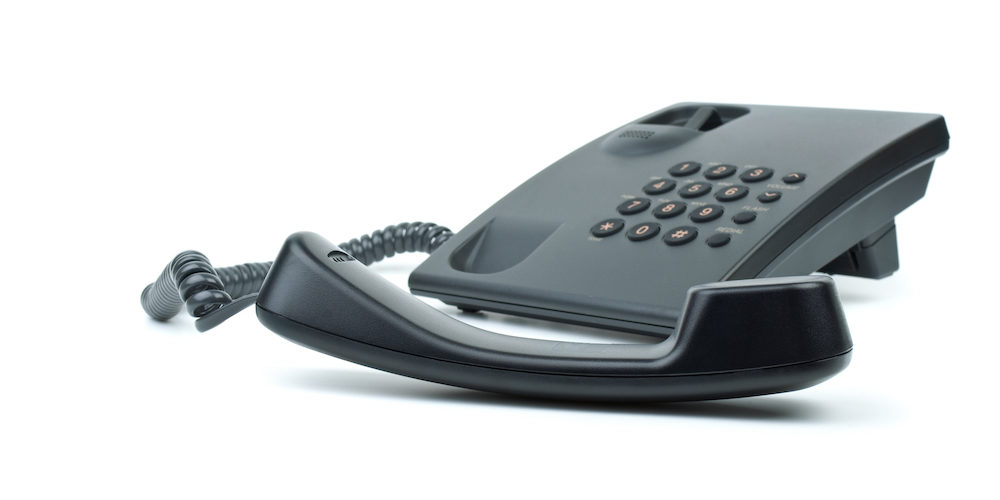On Friday, September 21st, the Ninth Circuit Court of Appeals (which covers most of the states in the western United States), issued its long-awaited opinion in the case of Marks v. Crunch San Diego.
The sky is not falling yet, but this case is important to understand and to decide how it impacts your business.
Autodialers have a long history and are hated by a lot of people, including politicians in Washington. As a result, in 1991, Congress passed the Telephone Consumer Protection Act or TCPA. The TCPA banned certain types of technology including dialers that: (A) to store or produce telephone numbers to be called, using a random or sequential number generator; and (B) to dial such numbers.
Technology has changed since 1991. In the early 2000’s, one of the hot items of technology was the “predictive dialer.” This is a dialer that uses algorithms to determine when the best chance of catching someone at home would be. The Federal Communications Commission issued determinations that predictive dialers fell within the scope of the TCPA. After the FCC made several rulings, including one in 2015, a number of lawsuits challenged the FCC’s rule.
In this case, the plaintiff tried to make his case into a class action lawsuit. He had received three texts from a health club he had signed up with. He sued claiming the system that Crunch San Diego used was an autodialer within the meaning of the TCPA.
At this point, the case gets into the legal weeds, but it is important to know what all of this means. While the case was pending in the trial courts, both sides went through discovery and then the defendants files a motion for summary judgment. What that means is they said there is no issue for the jury to determine and the judge should rule in favor of the defendants.
The judge did.
The plaintiff appealed and that is where we get this case.
The Ninth Circuit has held that a predictive dialer falls under the TCPA. The Third Circuit Court of Appeals has come to a completely different result. The Ninth Circuit recognized the ruling from the Third Circuit and explicitly refused to concur with that case. When there is a split in the Circuits, the Supreme Court usually decides the issue and the Supreme Court will probably look for a case to resolve the issue.
It is also worth noting that the 9th Circuit is the most reversed appeals circuit in the Federal court system.
The case has been sent back to the trial court for further proceedings, including potentially a trial. For the moment, until either Congress changes the TCPA or the Supreme Court overrules this case, this case is going to be a big problem for folks in the receivables management business in the states that make up the 9th Circuit.






